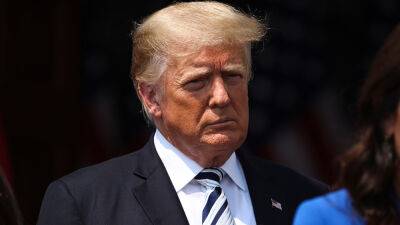Breaks of the game: How the government subsidizes American sports
Major League Baseball formed upon the merger of the National League and American League in 1903. But the business story of America’s dominant baseball league starts in 1890. That year, Congress passed and President Benjamin Harrison signed the Sherman Antitrust Act, which became the bedrock of anti-monopoly law in the United States. Its intended use was to prevent businesses from making anti-competitive agreements and monopolizing industries – except, as it turns out, the industry of the national pastime.
In 1913, 10 years after the AL-NL merger, a competitor circuit called the Federal League emerged. The NL and AL owners banded together to push the Federal League out of business by buying up its teams and paying Federal League owners to cease their operations. At this time, MLB also had a reserve clause that bound players to their teams for their whole careers, so long as the team didn’t cut the player. The clause severely curtailed competition for talent and thus allowed teams to save money on player salaries. Both of these practices – the reserve clause and the chasing-off of a competitor league – struck a number of stakeholders and observers as classic monopoly behavior that should have been illegal.
The owner of the Federal League’s Baltimore Terrapins did not take a payout, and he sued the NL and AL for anticompetitive behavior. The Baltimore owner won at trial, but an appellate court and the Supreme Court both saw it differently: In 1922, Justice Oliver Wendell Holmes wrote a unanimous decision stating that MLB was not subject to the Sherman Act, because baseball was purely a “state affair” rather than the sort of “interstate commerce” that the Sherman Act was written to regulate. So began Major League Baseball’s





